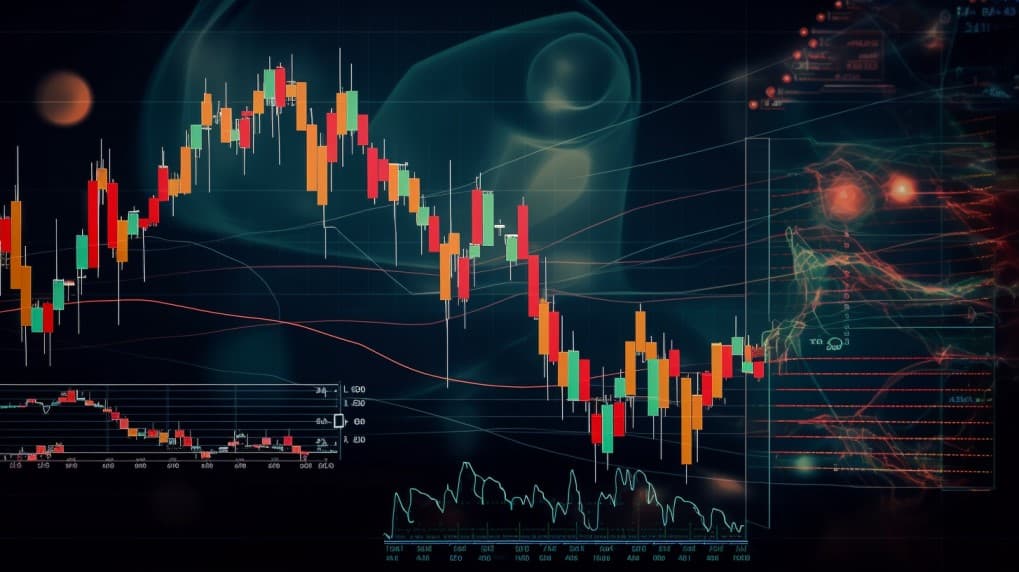
DUST VS DGL: Investment Strategy
Exchange-Traded Funds (ETFs) have become a crucial tool for investors seeking diversified exposure to various sectors and asset classes. In this article, we will conduct an in-depth comparison between two prominent ETFs: DUST (Direxion Daily Gold Miners Index Bear 2X Shares) and DGL (Invesco DB Gold Fund). We will explore different facets, including ETF tickers, full names, issuers, sectors, top holdings, capitalization, investment strategy, tracking methods, and exposure.
DUST VS DGL: Overview
DUST and DGL are ETFs that cater to different aspects of the precious metals market. DUST is designed to provide inverse exposure to gold mining companies, whereas DGL aims to track the performance of gold futures contracts. This difference in focus results in distinct investment outcomes, risks, and opportunities, which we will delve into further in the subsequent sections.
DUST VS DGL: Sectors and Top Holdings
The DUST ETF primarily targets the gold mining sector by offering investors the ability to profit from declines in gold mining stocks. Its top holdings often include companies like Newmont Corporation and Barrick Gold. On the other hand, DGL provides exposure to the price movement of gold itself through futures contracts. Understanding the sectors and top holdings helps investors make informed decisions based on their investment preferences and market outlook.
 DUST overlap DUST VS DGL
DUST overlap DUST VS DGL
DUST VS DGL: Capitalization and Investment Strategy
DUST is known for its leverage, providing twice the inverse return of the NYSE Arca Gold Miners Index. Its strategy revolves around capitalizing on declines in gold mining stocks. DGL, on the other hand, follows an index composed of gold futures contracts to track the performance of gold prices. The difference in capitalization and investment strategy between these two ETFs leads to varying risk and return profiles that investors must carefully evaluate.
DUST VS DGL: Tracking and Exposure
DUST's objective is to provide investors with amplified inverse exposure to the daily performance of gold mining companies. This is achieved through the use of financial derivatives and leverage. On the other hand, DGL tracks the performance of gold futures contracts, reflecting changes in the price of gold. The tracking methodologies and exposure mechanisms of these ETFs are distinct, catering to different investment preferences and risk appetites.
Conclusion
DUST and DGL offer investors unique opportunities to gain exposure to the precious metals market. Depending on your investment goals and risk tolerance, choosing the right ETF can make a significant impact on your portfolio's performance. For those seeking comprehensive insights into ETFs, holdings, correlations, overlaps, and more, ETF Insider is an invaluable tool. With its user-friendly app, it equips investors with the information needed to make informed decisions in the ever-evolving financial landscape.
Disclaimer: This article is intended for informational purposes only and does not provide investment advisory services. It is important to conduct thorough research and consult with a financial professional before making any investment decisions.
Sources:
Direxion: DUST - Direxion Daily Gold Miners Index Bear 2X Shares
Invesco: DGL - Invesco DB Gold Fund
DUST ETF issuer
DUST ETF issuer
DUST quote and analysis
Discover the top holdings, correlations, and overlaps of ETFs using our visualization tool.
Our app allows you to build and track your portfolio.
To learn more about the DUST Direxion Daily Gold Miners Index Bear 2x Shares, access our dedicated page now.